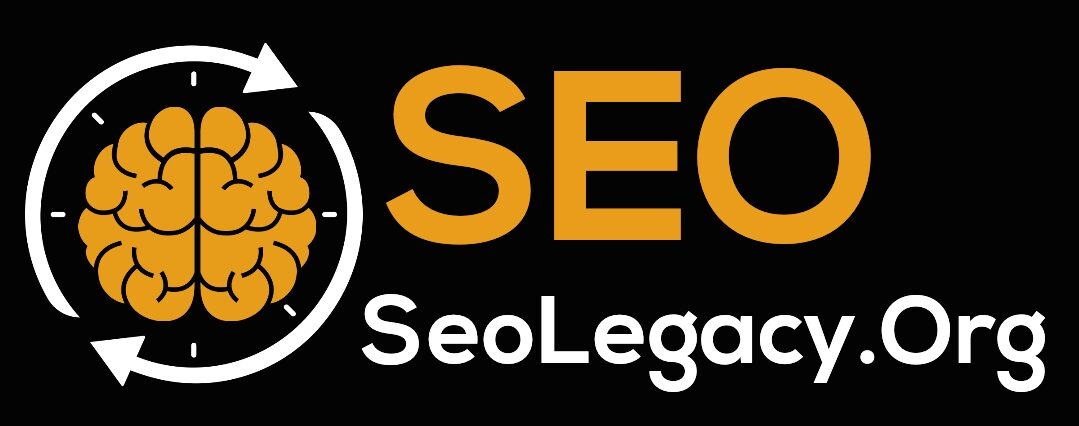The best SSL certificate for your website
SSL is the abbreviation for Secure Sockets Layer, which has been known as TLS (Transport Layer Security) since version 3.0. It serves as a secure tunnel: any data that traverses it is protected from hackers. In this way, no unauthorized person can access your passwords or card numbers. Digital SSL certificates are a good choice to protect data traffic from misuse, but there are different types, each with different areas of application.
How does an SSL certificate work?
A consumer wants to buy a new smartphone. It is said to be an expensive device that he pays for with his credit card. Of course, he wants his data to be transmitted securely, since it is confidential information. If they are intercepted by third parties, the retailer reaps negative criticism and has to reckon with high sales losses.
To prevent this from happening, data traffic is encrypted using SSL certificates:
- The smartphone is selected and the customer would like to store their data. Before he can do that, the client requests an encrypted connection from the server. The customer’s browser is the client, while the site operator is responsible for the server.
- The client then receives an SSL certificate from its certification authority. This is often referred to as a CA, which is short for Certificate Authority. The certificate was signed virtually and thus confirms the identity of the operator. If it is valid, the process continues.
- Both sides now know that they can trust each other. They agree on a key that is used to encode the data to be transmitted. If a third party intercepts the customer’s bank details, they can’t do anything with them. Because it lacks the key to decode the data traffic and thus read it – only the two connection partners have it.
- As a user, you hardly notice anything about this complex process. Just make sure that the SSL connection starts with https:// in front of the address. In the last step, the certification authority confirms the digital certificate with a closed padlock or a green address bar.
- Only now can the consumer enter his data and complete the order without any security concerns. The entire process takes a few seconds at most. Thus, the customer’s shopping experience is not marred by lengthy waiting times.
What types of certificates are there?
SSL is the abbreviation for Secure Sockets Layer, which has been known as TLS (Transport Layer Security) since version 3.0. It serves as a secure tunnel: any data that traverses it is protected from hackers. In this way, no unauthorized person can access your passwords or card numbers. Digital SSL certificates are a good choice to protect data traffic from misuse, but there are different types, each with different areas of application.
How does an SSL certificate work?
A consumer wants to buy a new smartphone. It is said to be an expensive device that he pays for with his credit card. Of course, he wants his data to be transmitted securely, since it is confidential information. If they are intercepted by third parties, the retailer reaps negative criticism and has to reckon with high sales losses.
To prevent this from happening, data traffic is encrypted using SSL certificates:
- The smartphone is selected and the customer would like to store their data. Before he can do that, the client requests an encrypted connection from the server. The customer’s browser is the client, while the site operator is responsible for the server.
- The client then receives an SSL certificate from its certification authority. This is often referred to as a CA, which is short for Certificate Authority. The certificate was signed virtually and thus confirms the identity of the operator. If it is valid, the process continues.
- Both sides now know that they can trust each other. They agree on a key that is used to encode the data to be transmitted. If a third party intercepts the customer’s bank details, they can’t do anything with them. Because it lacks the key to decode the data traffic and thus read it – only the two connection partners have it.
- As a user, you hardly notice anything about this complex process. Just make sure that the SSL connection starts with https:// in front of the address. In the last step, the certification authority confirms the digital certificate with a closed padlock or a green address bar.
- Only now can the consumer enter his data and complete the order without any security concerns. The entire process takes a few seconds at most. Thus, the customer’s shopping experience is not marred by lengthy waiting times.
What types of certificates are there?
There is a suitable certificate for every need. It depends on how well you want a page protected. There are enormous differences, especially in the strength of the encryption: A 32-bit SSL certificate is technically outdated, since the current standard is at least 128 bits. Very high levels of encryption even have a value of 2,048 bits. In addition, the identity check is different.
It makes sense to classify SSL certificates into the following categories:
domain validation
This form is widely used because it is inexpensive and easy to verify. The identity check is carried out by querying the Whois address. The automatic robot sends a message and uses it to compare the client and owner of a domain. With domain validation, SSL certificates are issued within a few minutes. This encryption is displayed by clicking on the lock symbol.
organization validation
In addition to the domain check, certain documents are checked manually. This can be an excerpt from the commercial register or a copy of your identity card. Some providers carry out a telephone check and compare the information collected with the Whois entry. The organization Validation offers owners and customers higher security in data traffic. The lock also contains other information about the company that Domain Validation does not have to offer.
Extended Validation
This SSL certificate is aimed at high demands: The user can recognize it immediately by the green address bar in the browser. In addition to the identity and Whois check, the applicant must prove that he or she works in the company. With this variant, the customer knows immediately that it is an official website. An encryption of at least 256 bits is required, which the browsers reward with the best possible acceptance.
The variants mentioned secure certain domains, but not all subdomains are covered. If you create a new page, you must purchase additional certificates. This is relatively expensive and a complex process. To avoid this, a wildcard SSL certificate is recommended. You could say it’s asterisk encryption: In addition to the main domain, subdomains are secured up to a predetermined level, which saves you having to buy individual certificates. As a rule, this protection applies until.
Which SSL certificate is suitable for whom?
Blogs, forums or small websites do not need expensive certificates. Domain validation is absolutely sufficient for individuals, which is different for online shops. Depending on the reach, Organization Validation or Extended Validation is recommended. It also depends on what products you sell. If it is a regional provider with small sales, it can also be a cheap SSL certificate. For larger companies, anything other than Extended Validation seems dubious.
Conclusion: SSL certificates increase trust and effectively contribute to security. No modern online shop can do without this encryption. Decide on a certificate that best suits your needs.



